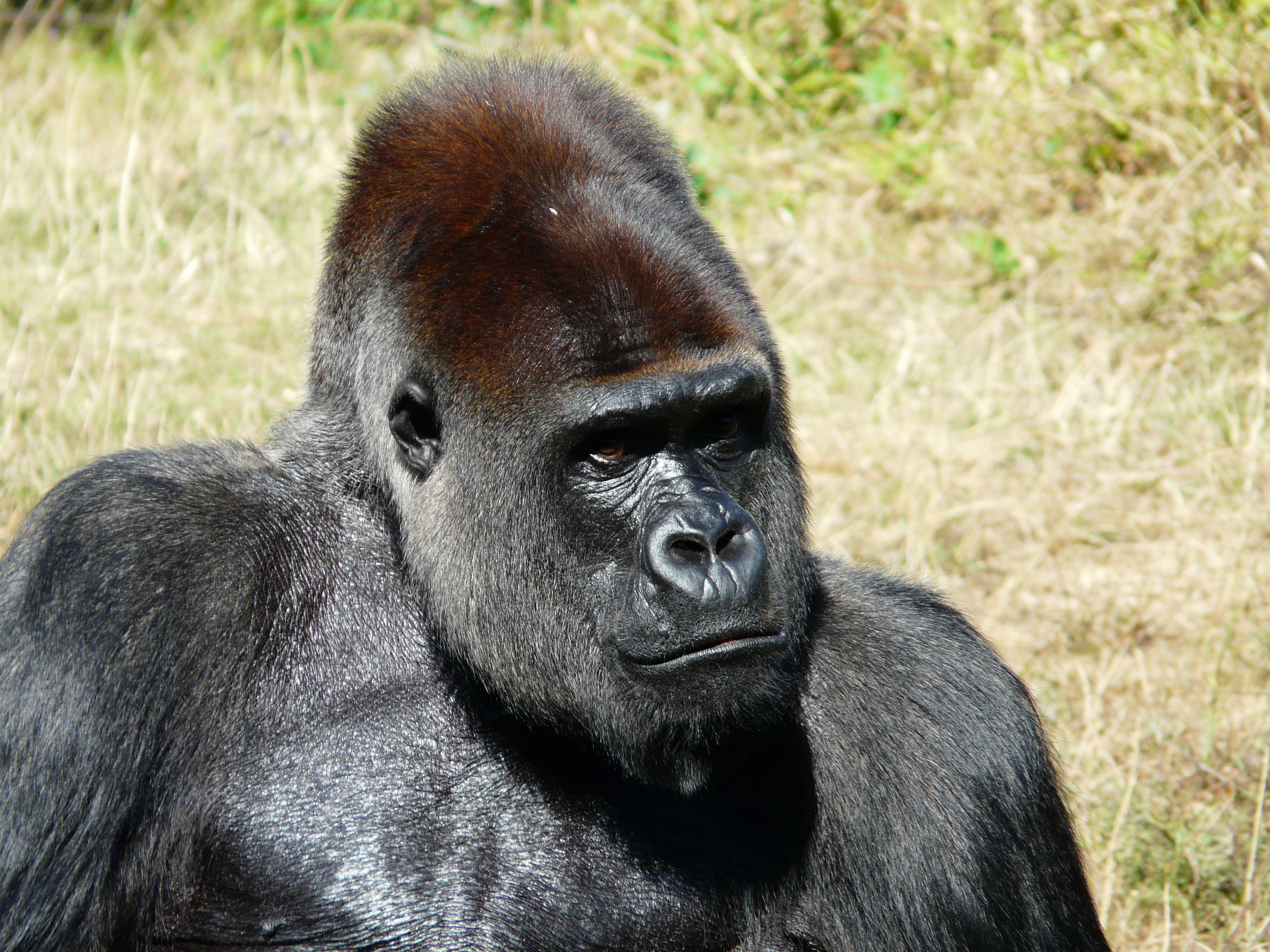- Creation-Management of Community based Protected Areas
- Threatened species conservation
- Bénéficiaire FODI - Forêt pour le Développement Intégral
- Montant du projet 147 987 €
- Subventions FFEM 73 852 €
-
État du projet en cours
Since 2010, FODI has closely supported the Banisamasi, Basengele, Bananzigha and Bafuna-Bakano communities in the process of legal acquisition and capacity building for the sustainable management of their Local Community Forest Concessions (CFCL). CFCL Banisamasi and Kibu are located in North Kivu Province, Walikale Territory, Bakano Sector, in the Bakano group. The latter are largely covered by dense mountain forests with several types of habitats explaining the biological diversity of species found there.
The underlying cause of the decrease in biodiversity in CFCL Banisamasi and Kibu is mainly the low diversification of community income. This causes poverty in local communities, which pushes them to resort to the exploitation of wildlife resources in order to meet their socio-economic needs. This is materialized by illegal hunting, through the use of firearms, trapping techniques capable of killing big game, the construction of camps in the forests, thus destroying the structure of the forest and habitats. This has led to a decrease in the population of Grauer’s gorillas which may have the indirect effect of increasing poaching on other mammal species living in the CFCL Banisamasi.
This project aims to strengthen the achievements of the last project supported by the PPI on the conservation of Grauer’s gorillas and eastern chimpanzees in the Forest Concessions of the Banisamasi and Kibu Local Communities. In order to achieve this, efforts are concentrated on activities aimed directly at the conservation of gorillas in the CFCL Banisamasi as well as the protection of the habitat of this species on the basis of land use planning. Having facilitated the creation of the CABA and Umoja cooperatives in the Banisamasi and Kibu CFCLs during the previous PPI project, FODI will support them in order to improve certain challenges faced by these cooperatives in order to better support local development in our area of intervention.
